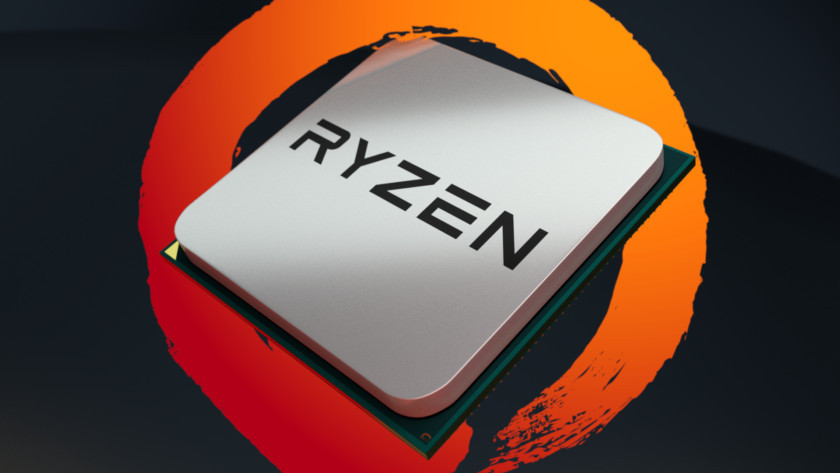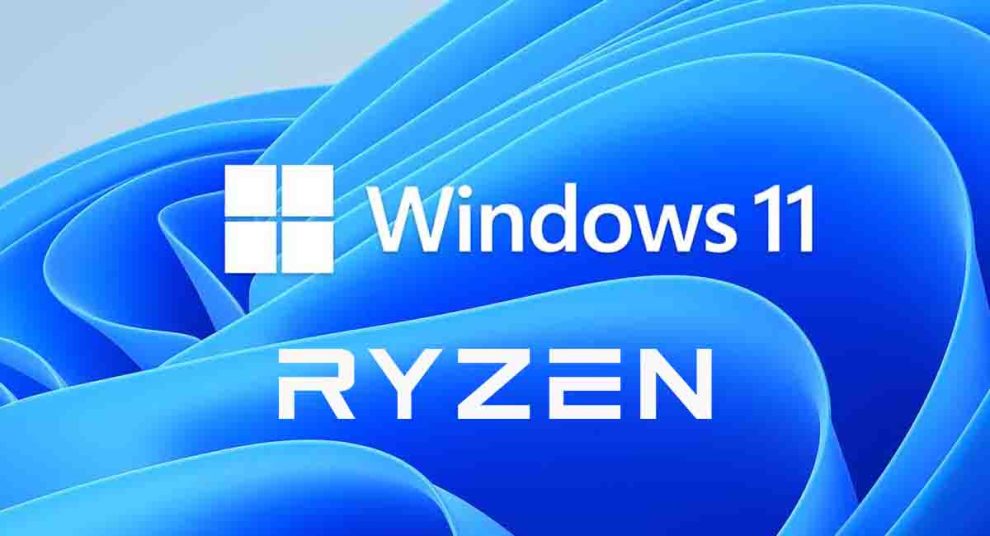AMD’s Ryzen AI CPUs: Powering the AI Revolution
AMD’s latest Ryzen AI processors, such as the Ryzen AI 9 HX 370 and Ryzen AI 9 365, are at the forefront of this revolution. These powerful CPUs, designed for AI workloads, feature integrated neural processing units (NPUs) that allow for significant performance gains in AI-intensive applications.
The Windows 11 Advantage: Copilot and AI Optimization
Microsoft’s Windows 11 introduced Copilot, a set of AI-powered tools designed to enhance system performance and user experience. These tools leverage the capabilities of modern CPUs, like AMD’s Ryzen AI processors, to streamline tasks and optimize resource allocation.
The synergy between the Ryzen AI CPUs and Copilot allows for significant performance gains in AI-intensive applications on Windows 11. While these CPUs might function on Windows 10, they might not be able to fully leverage their AI capabilities without Copilot.
Clearing the Air: AMD’s Stance on Windows 10 Compatibility
Recent headlines suggesting AMD is abandoning Windows 10 for its new Ryzen AI processors caused a stir in the tech community. However, AMD has clarified its position, emphasizing its commitment to supporting Windows 10 for existing Ryzen processors, including those without the “AI” designation.
The focus on Windows 11 compatibility for the Ryzen AI line lies in optimizing performance and unlocking the full potential of these CPUs when paired with Copilot. This does not mean that the Ryzen AI CPUs will not function on Windows 10, but rather that users might not experience the same level of AI-powered performance optimization.

Choosing the Right OS: Balancing Needs and Preferences
For users considering the Ryzen AI processors, the choice of operating system ultimately depends on individual needs and preferences:
- Windows 11: If you prioritize utilizing the full potential of the Ryzen AI CPU’s AI features and want to take advantage of Copilot’s performance optimizations, upgrading to Windows 11 is the recommended choice.
- Windows 10: If you’re comfortable with Windows 10 and don’t rely heavily on AI-powered applications, the Ryzen AI CPUs will still function on this OS, though you might miss out on some AI-specific optimizations.
For users with existing Ryzen processors (non-AI), AMD assures continued support for Windows 10, eliminating the need to upgrade to Windows 11 unless you specifically require features or optimizations exclusive to the newer operating system.
The Future of Windows 10 and AI Integration
While Microsoft is actively promoting Windows 11, Windows 10 remains a robust and widely used operating system, with extended support until October 14, 2025. It is possible that future updates to Windows 10 might incorporate AI features that improve compatibility with AMD’s Ryzen AI processors, further blurring the lines between the two operating systems.
The Evolution of Operating Systems and Software
The focus on Windows 11 compatibility for the Ryzen AI CPUs reflects a broader trend in the computing landscape. As AI transforms various industries, operating systems and software are likely to be increasingly designed to leverage AI capabilities for enhanced performance and user experiences.
This trend could lead to a future where AI-centric computing becomes the norm, with hardware and software working in tandem to provide seamless, intelligent, and optimized experiences for users across a wide range of applications and industries.
Conclusion: Embracing the AI-Powered Future
While headlines suggesting AMD abandoning Windows 10 were misleading, they highlight the evolving role of AI in modern computing. The focus on Windows 11 compatibility for the Ryzen AI CPUs signifies AMD’s commitment to optimizing hardware for the future of AI-powered experiences.
As both hardware and software continue to develop, users will have a wider range of choices to tailor their computing experiences to their specific needs. Whether prioritizing AI-powered performance or sticking with tried-and-true operating systems, the future promises a diverse array of options to suit every user’s requirements.
Ultimately, the dialogue surrounding AMD’s Ryzen AI CPUs and operating system compatibility serves as a reminder that the world of computing is rapidly evolving, and embracing AI-centric computing might be the key to unlocking unprecedented levels of performance and user experiences in the years to come.
















Add Comment